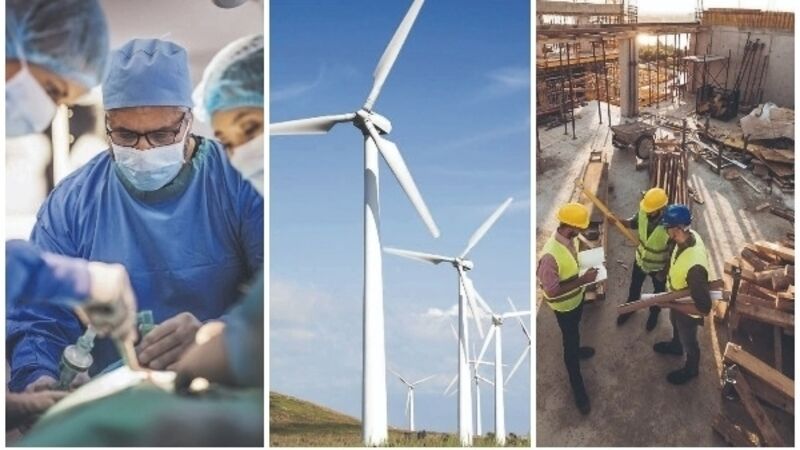Taxation, health, housing and climate the areas to be prioritised

Taxation, housing, health and climate have been given prominence in the new programme for government, amid a push to develop opportunities for change from the Covid19 pandemic.
Try from €1.50 / week
SUBSCRIBE- With additional reporting from Daniel McConnell and Juno McEnroe
Taxation, housing, health and climate have been given prominence in the new programme for government, amid a push to develop opportunities for change from the Covid19 pandemic.
Already a subscriber? Sign in
You have reached your article limit.
Annual €130 €80
Best value
Monthly €12€6 / month
Introductory offers for new customers. Annual billed once for first year. Renews at €130. Monthly initial discount (first 3 months) billed monthly, then €12 a month. Ts&Cs apply.
CONNECT WITH US TODAY
Be the first to know the latest news and updates
Newsletter
Keep up with stories of the day with our lunchtime news wrap and important breaking news alerts.
Sunday, February 8, 2026 - 7:00 PM
Sunday, February 8, 2026 - 6:00 PM
Sunday, February 8, 2026 - 7:00 PM
© Examiner Echo Group Limited